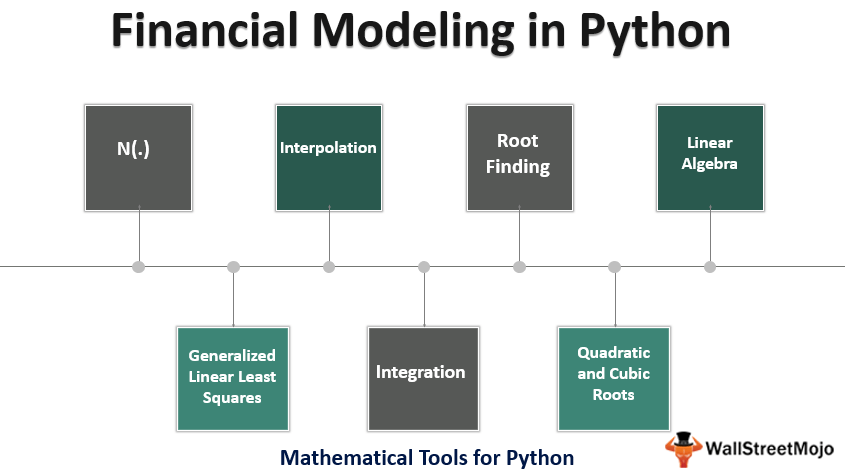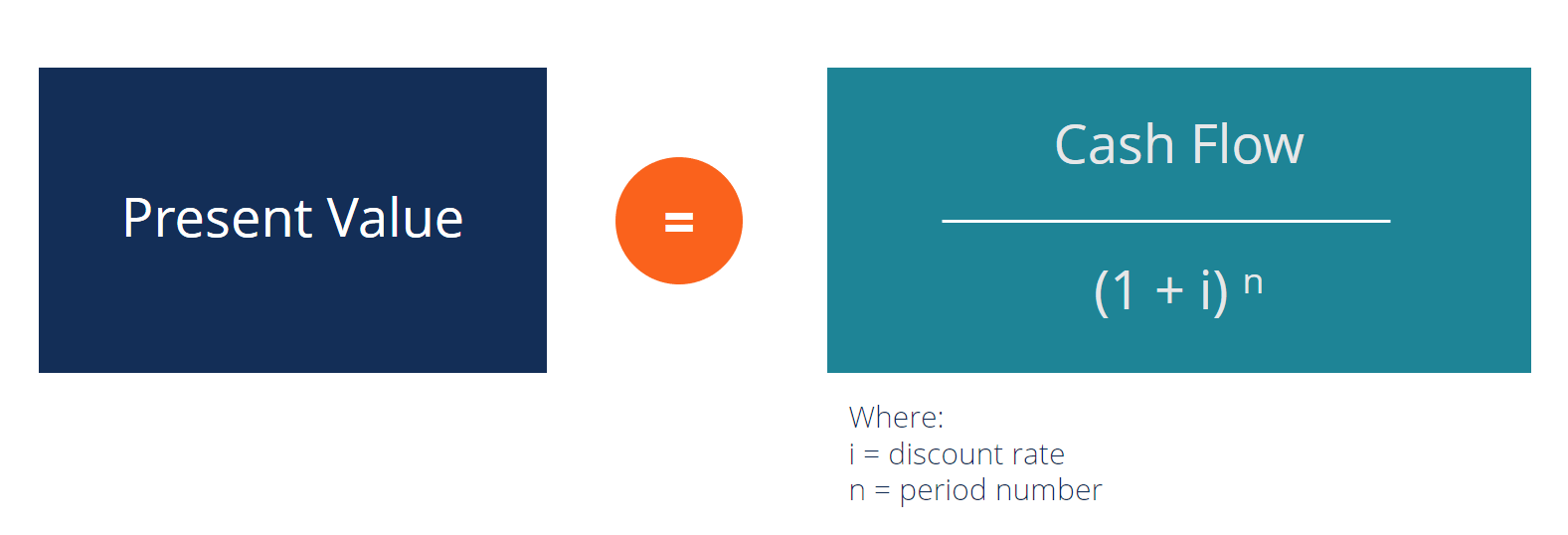Accounting professionals and auditors require to have a keen eye for detail and strong issue fixing and analytical skills. You'll require to have understanding of basic accounting principles, practices, and laws, which is typically obtained through a four-year accounting or associated degree (What does ear stand for in finance). Though you do not absolutely require one to get going, your job prospects will increase enormously if you have or are working towards an accounting accreditation. Certified Public Accountant (Certified Public Accountant) is the most popular, however there are a series of others depending on your specialty. As the name indicates, credit experts evaluate the credit and monetary information and history of people and companies to figure out the degree of risk involved in lending them cash or extending them credit.
Credit analysts mostly work for banks and charge card business but can also work for home mortgage, insurance coverage, and investment firms. You'll require strong decision-making, crucial thinking, analytical, research, and interaction skills in addition to a bachelor's degree in finance, accounting, or a related field. Some positions might also need a Chartered Financial Analyst (CFA) credential. Brokers and traders purchase and sell securities like stocks, bonds, and other funds and do research study ahead of these trades. Nevertheless, while traders typically purchase or offer based upon the wishes of a manager of a portfolio or other mutual fund, brokers are accountable directly to the investors and may work for themselves or a brokerage or securities company.

Both positions need a four-year degree and particular Financial Market Regulatory Authority (FINRA) licenses to complete trades on behalf of others. Financial expert is a first financing job title for lots of individuals getting in the industry. Depending on where you work, you might provide guidance to companies and individuals making investment choices; examine the efficiency of stocks, bonds, and other investments; examine present and historical financial data for the business you work for or others; and research study possible investments. Despite the company, a lot of monetary experts are accountable for reporting their findings to others. You're probably to be working for large banks consisting of financial investment companies and banks in New York City and other monetary centers, but you can likewise work as a corporate financial analyst in other markets.
To get begun, you must have a bachelor's degree in finance or a related field. Pursuing a related internship will also help you land an entry-level position. In order to progress as a monetary analyst to a portfolio or fund management position, you might need a CFA certification or other FINRA license and an MBA. Numerous banks have two-year monetary analyst programs for brand-new graduates. Some of these programs, like the one at Wells Fargo, are rotational, enabling you to discover various locations in the financial industry to help you decide where you want to go with the rest of your profession.
Budget plan experts work across industries in private business and for federal government offices and need to have strong analytical and interactions skills to describe decisions to others in a company. Budget plan experts typically need a bachelor's degree in accounting or a similar field, however some business will accept experience rather while others are trying to find prospects with an MBA. In order to work in some government budget plan analyst positions, you might require a Certified Government Financial Manager credential from the Associate of Government Accountants. Personal monetary organizers and advisors help people with their monetary goals, including providing education on investments, choosing financial investments on their behalf, handling their portfolios, preparing for long-term goals, and monitoring their finances.
Indicators on How To Get Finance With Bad Credit You Need To Know

Financial consultants may encourage clients once or for a short time, whereas financial planners frequently have long continuing relationships with customers (which means they require strong interpersonal abilities) and should be Qualified Financial Planners to utilize the task title. In addition to analytical skills and investment knowledge, monetary planners must likewise have an entrepreneurial mindset, Goodfellow states, since even if you're working for another company, you're often developing a list of customers yourself. Danger professionals work for financial investment banks and firms, home loan and insurer, and corporate lenders, to name a few. Risk specialists utilize quantitative and qualitative techniques to examine the threat to: Existing and prospective financial investments (in both domestic and foreign markets) Making capabilities, The success of business, Threat professionals need to have a strong capability to acknowledge potential problems and good inductive, deductive, and mathematical reasoning skills.
A degree or focus in global service is likewise helpful for threat specialists. Financial examiners ensure compliance with financing laws and policies by examining balance sheets, monetary records, and loan paperwork. They generally work for banks and insurance business or for the government. Federal government financial inspectors frequently examine scams or money laundering at banks and other companies, while those working for private companies guarantee the stability and compliance of their own companies. Financial inspectors need strong attention to information and analytical skills and a four-year degree in accounting or another field (though a specific number best timeshare to buy of accounting classes is required for anyone hoping to https://www.businesswire.com/news/home/20190806005798/en/Wesley-Financial-Group-6-Million-Timeshare-Debt work for the FDIC), and may think about getting a Certified Public Accountant credential to make them a more competitive prospect.
Quants primarily work for financial investment banks and hedge funds, however may also be utilized by depository banks, trading companies, or fintech business. To become a quant, you need to have high-level mathematical and other reasoning capabilities. A great deal of your work will be abstract instead of concentrated on a particular company or industry, and far more time will be spent on a computer system screen than engaging with associates. The income for this position is high, however so is the barrier to entry: You'll require a master's degree or ideally a Ph, D in a quantitative field like mathematics, finance, statistics, or economics and have the ability to show a strong computer system skill set, or a master's degree or Ph, D in financial engineering or computational financing.
They compute the expense of those events and help style insurance plan and other designs. Actuaries mostly work for insurance companies however can likewise be employed by financial investment companies, federal governments, or banks. Actuaries have a very high income and the marketplace for these tasks has a very high forecasted development rate, Goodfellow says. The BLS estimates that the field will grow 18% from 2019 to 2029. The job is also reasonably low stress, particularly compared to other tasks of this income level and in the finance industry. You will require really strong mathematics and reasoning abilities and a four-year degree in actuarial sciences, financing, accounting, or an associated field.